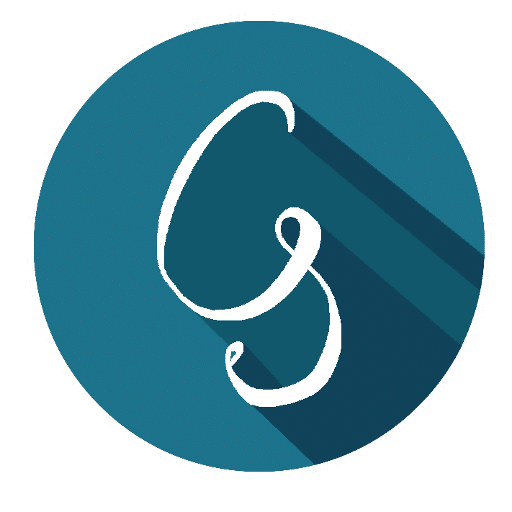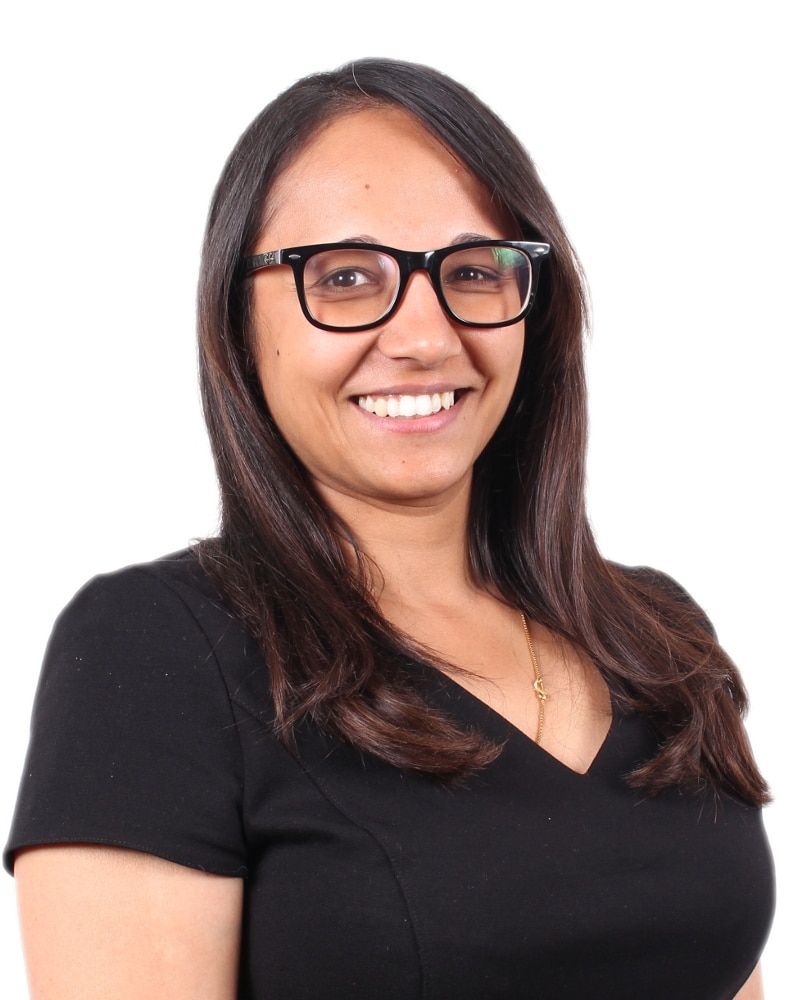Pass Your PLAB-2
“After failing my first attempt, I have found Clinical Skills Pro PLAB 2 Course and passed on my second attempt in October 2022. I wish i had found before.
BENEFITS
PLAB-2 Course
126 practice cases
Immersive exposure to more than 100 common PLAB-2 curriculum cases – the ultimate exam practice course.
Prepared by UK-Based consultants
Confidently enter your exam ready for anything, having prepared with the highest quality OSCE stations prepared by senior doctors in the UK.
Save £1500
Our online revision course is more than £500 cheaper than many traditional courses. You don’t have to travel to another country or stay in a hotel. Spend your time with your family and keep your money in your pocket.
ELITE
Subscriber benefits
Elite consultant teaching
Watch how top UK consultants interact with their patients with common clinical scenarios, observe their communication skills.
Professionally filmed
All our videos are professionally studio filmed in HD video. Our experienced film crew showcase captures every moment.
Comprehensive curriculum
Review every common station in the PLAB 2, often more than once! Our course covers nearly every case you could see
“I can’t believe, I had to take PLAB-2 exam without watching this course. If I had this resource, I would have definitely passed my exam in my first attempt“
EDITORS
Meet your course directors
Dr Nidhi Gupta
Consultant
Dr Nidhi Gupta completed an honours undergraduate degree in Biochemistry at Imperial College London before studying Medicine at St. George’s University Medical School, London. Graduating in 2004, she later gained Membership of the Royal College of Physicians in London as well as a Diploma in Tropical Medicine & Health, and a Masters degree in Infectious Diseases.
She worked internationally with the Ageing and Life Course department at the World Health Organisation in Geneva, and with International SOS as Chief Medical Officer in Papua New Guinea.
She gained CCTs in Acute and General Medicine, and now works as a consultant in medicine in London.
She combines her medical career with a second life in filmmaking, directing and producing all our video content.
Dr Edward Banham-Hall
Consultant
Dr Edward Banham-Hall qualified from the Royal Free and University College London Medical School in 2004, passing with several awards and prizes. He then completed medical rotations and gained entry to the Royal College of Physicians.
He later undertook a PhD at the University of Cambridge, discovering a new rare disease in the process, and publishing his findings in the world-leading journal Science.
He now works as an NHS consultant in medicine in Cambridge, UK, and as a Principle Investigator for a range of clinical trials for new and emerging treatments.
He combines this role with developing websites and applications using Javascript, Django, and Python.
Dr Berkay Karahacioglu
Medical Registrar
Dr Berkay Karahacioglu qualified from the Gazi University Medical School, Turkey, in 2016 with an honorary degree. He worked in A&E for 2 years in Istanbul, before passing his PLAB-2 exam in 2018.
He worked as Neurosurgery SHO in National Hospital for Neurology and Neurosurgery, London for 1,5 years. In 2020, he started his IMT Training at Cambridge University Hospital.
He runs many medical educational projects and acts as Royal Papworth Clinical Tutor for medical students at Cambridge University.
He continues his Internal Medicine Training at University College London Hospital, actively participating in medical education projects.
VIDEO
Learn more about us
CASES
Depth and breadth
Communication Skills
We have combined 51 communications skills scenario which will teach you how to communicate with a patient, a colleague or a relative.
Simman & Mannequins
The most important Simman and Mannequin stations with gold standart approach and explanations.
142 Videos with explanations
We offer 142 videos which will prepare you not only to your PLAB-2 exam but also to first 6 months of your first job
.”It is so helpful to see the gold-standard patient communication. Now I know what I need to aim for.“
REVISE
Maximise your study time
Practice quizzes
Enhance your learning experience with small quizzes after each station
Virtual notebook
Jot down your thoughts, reflections and learning points as your skills develop. Download at your convenience
Always up to date
Unlike a textbook, we continually update our course in response to new evidence and guidelines.
“Videos were very helpful, I know I need to combine this with regular practise but it made me understand the exam and what GMC expects from the candidates“
EASY
Tailored to you
Work at your own pace
Our video player provides speed controls for every part of our course. Work at your own pace.
Responsive to your needs
Our site is fully responsive – revise on your phone, tablet or desktop. All you need is high quality headphones.
Access anywhere
Wherever you are in the world prepare for your PLAB-2. All you need is an internet connection.
Thorough
Huge Curriculum
Simply click each header bar to see the content
Introduction to PLAB-2
- Behind The Scenes
- Dr Davies Introduction
- Principles of History Taking for PLAB-2
- PLAB-2 Do’s and don’ts
- PLAB-2 Ethical Principles
- NHS Organisational Structure
- How to approach to Simman Stations
- How to do the Respiratory Examination
- How to do the CVS examination
- How to examine the abdomen
- How to do the examination of the Thyroid
- How to do Cerebellar examination
- How to examine the Hands
- How to Examine the Gait
- How to do the examination of the Cranial Nerves
- How to do the Neurological Examination of the Lower Limb
- How to do the Neurological Examination of the Upper Limb
Medicine
- Numbness – GBS
- Chest Pain – ACS
- Headache
- Hypocalcemia
- Syncope
- Crohn’s Disease
- Myasthenia gravis
- Obstructive Sleep Apnoea
- Migraine
- Transient Ischaemic Attacks (TIA)
- UTI & Pyelonephritis
- Polymyalgia Rheumatica
- Hyperthyroidism
- Haematemesis
- Parkinson disease
- Hypertension
- Chest pain – Pulmonary Emboli
- Coeliac Disease
- Hyperparathyroidism
- Collapse – Aortic Stenosis
- Night Sweats
- Dizziness
- Giant Cell Arteritis
- Palpitations
- Diabetic Foot
- COPD
- Chest pain – MSK
- Systemic Lupus Erythematosus
- Severe Headache – SAH
Surgery
- Whiplash Injury
- Prostate Cancer
- Demanding Patient – PSA
- Anaemia – Colon Cancer
- Lung Cancer
- Subarachnoid Haemorrhage
- Dysphagia
- Jaundice
- Mallory Weiss tear
Psychiatry
- Psychotic Patient
- Postpartum depression
- Mini Mental State Examination
- Gender Dysphoria
- Panic Attacks
- Anorexia Nervosa
- Alcohol Dependency
- Suicide Risk Assessment
Obstetrics and gynaecology
- Miscarriage
- CF Prenatal Counselling
- PID – Abdominal pain
- Cervical Smear Invite – Lesbian patient
- Ectopic Pregnancy
- Contraception Counselling
- Pre-eclampsia
- Discussing Anticoagulation in Pregnancy
Paediatrics
- Night Terrors
- Non-accidental Injury
- Febrile Convulsion
- Pyloric Stenosis
- Talk with a reluctant mother about MMR Vaccine
Teaching, Examinations and Mannequins
- Venous Cannulation
- Venepuncture
- Urine Dipstick – Teaching
- How to use spacer
- ECG Teaching
- Basic Life Support
- Male Catheterisation and Examination of the Prostate
- Knee Examination
- Hip Examination
- Fundoscopy – Eye examination
- Female Catheterisation
- Breast Examination
- Antenatal Examination
Communication Skills and Ethics
- Dementia – phone call to relative
- Pregnant 16-year-old girl
- Post Mortem Consent
- Abuse of Older People
- Social Media and Confidentiality
- Gender Selection Request
- Colleague smelling alcohol
- How to Break the Bad News
- Paroxysmal AF – Counselling on alcohol intake
- How to do DNACPR discussion
- Pulmonary Emboli – Anticoagulation Counselling
- Dysfunctional Pain Disorder
- DNACPR discussion – talk with the son
- DNACPR discussion with the relative
- Why my ECHO is delayed? – Angry patient
- Learning difficulty – Discuss with relative
- Ulcerative Colitis – Patient refusing treatment
- Breaking Bad news – Multiple Sclerosis
- Breaking Bad News – Pancreatic Cancer
- C.difficile infection – angry son
- First Seizure – Explain to the patient
- UC flare – the patient would like to go home
- Counselling for anticoagulation
- The patient is not happy with her medications
- Breaking the Bad News – Brainstem death
- Clinical Error
- Angry relative and C.difficile infection
- Advance Care decision
- Relative Seeking Information
- Explain the diagnosis of Coeliac Disease
- TIA and Lifestyle advice
- Giving advice on excessive alcohol intake
- Medication Non-compliance
- Explain the diagnosis of DM
- Most Common Errors
- How to take informed consent – Intercostal drain
- Asthma Clinical Trial – taking consent from the patient
- Smoking Cessation Emphysema (COPD)
- Explaining Heart Failure
- Breaking Bad News – HIV diagnosis
- Huntington’s disease – concerned son
- Breaking the bad news – Organ Donation
- Angry daughter
- Do not tell my mother if it is cancer
- The daughter is worried about her father who has dementia – discuss DNACPR
- Explain Pulmonary Emboli
- Breaking the bad news – Diagnosis of MS
- Breaking Bad News – Massive Haemorrhage in the Brain
- Breaking Bad news – Pancreatic Cancer
- First Seizure – Driving Implications
- Breaking Bad News – Dysphagia
Examination tutorials
Video tutorials on how to expertly conduct thorough examinations of each organ system.
Understanding PLAB-2
PLAB -2 can be a confusing exam for those who are not familiar with OSCE style assessments. We know this. Let us help you.
Subscription packages to suit everyone



